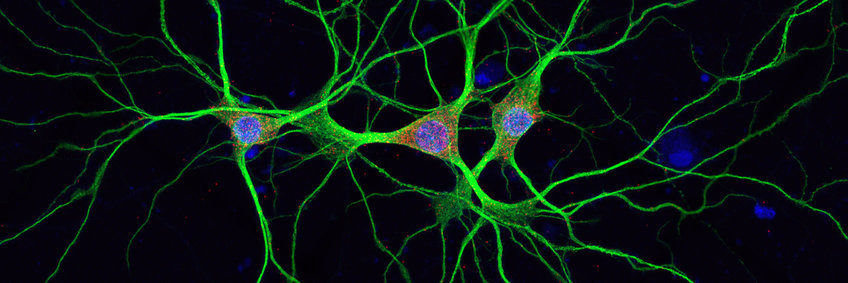
Research Presentation
A Focus on Networks and Systems
Brain circuits can be studied at many levels and scales. The intracellular networks of synaptic proteins, for example, include all essential features of circuits: diverse and interacting elements, communication, regulation, feedback and dynamics. Neural circuits are another fundamental unit of brain function: circuits transform inputs (external or internal) into adaptive outputs (behaviors, percepts etc), according to rules that often emerge from their cellular components, their connectomes or connectivity graphs, and their interactions in time. The rules guiding interactions can also change with experience or vary with the context.
Our common goal is a mechanistic understanding of the components of these networks, of the structural and functional circuits which they form, of the computational rules which describe their operations, and ultimately, of their roles in driving perception and behavior. Our experimental focus is on all scales (in space and time) required to achieve this understanding. This includes work at the molecular, cellular, multi-cellular, network, brain area and behavioral levels, realizing that macroscopic phenomena (e.g., spatial patterns, dynamics) can be scale-dependent; thus, another fundamental component of our institute’s research is on computational and theoretical approaches, represented by some of our labs.


